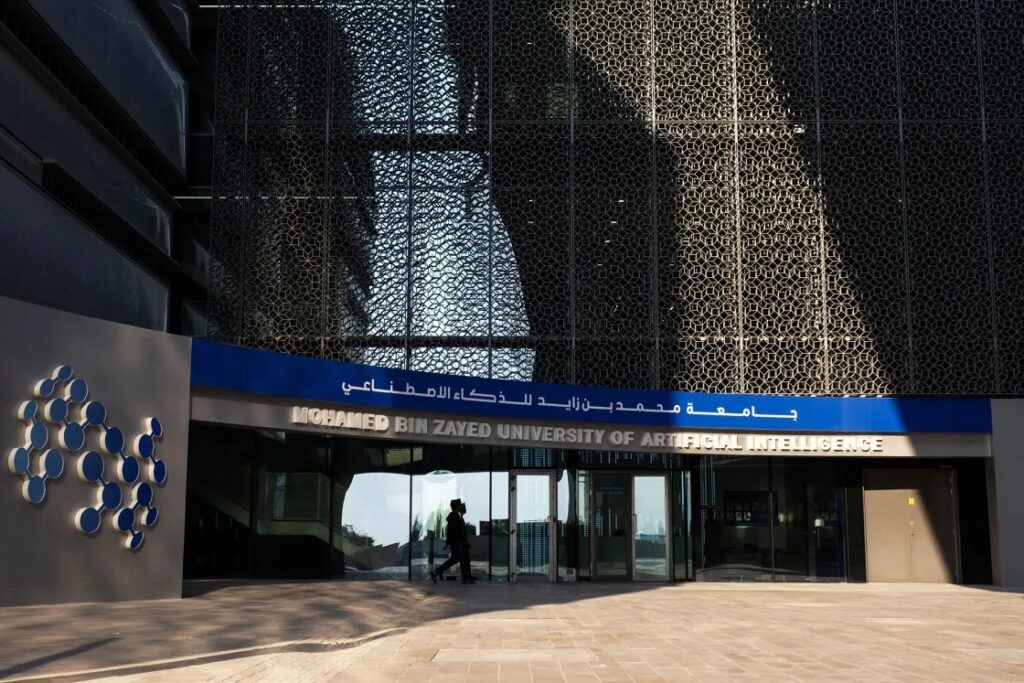Before US President Trump relaxed chip restrictions on the UAE, Eric Xing, president of Mohamed bin Zayed University of Artificial Intelligence (MBZUAI), shared his vision for the future. He wants MBZUAI to be like Stanford University, inspiring innovation and startups in the Gulf.

UAE’s push for AI education
The UAE is working hard to become a global AI leader. It created the world’s first AI minister in 2017 and now teaches AI topics in schools. MBZUAI trains local experts to reduce the UAE’s dependence on foreign engineers and companies.
US-UAE partnership supports AI growth
Trump’s recent visit included a deal letting the UAE import 500,000 advanced chips yearly until 2027. This helps the UAE’s AI company G42 and marks a change from past US policies that limited technology sharing.
Attracting students amid global changes
MBZUAI welcomes students mainly from the UAE, China, India, and nearby countries. Many choose MBZUAI because of stricter US rules for foreign students. The university offers scholarships and programs in robotics, computer vision, and other AI fields. It recently opened a US research lab near Google.
Campus life and job opportunities
Located in Abu Dhabi, the campus has modern facilities and good student support, including long-term visas. Most graduates stay in the UAE, working at local AI and tech companies.
Building faculty and research
MBZUAI hires tech experts from Silicon Valley and plans to add 225 faculty members soon. It offers competitive pay and focuses on Arabic-language AI research.
Challenges ahead
MBZUAI is new and still building its reputation. It depends on government funding. There are concerns about limited freedom of speech in the UAE, which could affect research and innovation. University leaders say they support free expression but accept some limits exist everywhere.
MBZUAI hopes to be a fresh start for AI learning and research in the Gulf.
